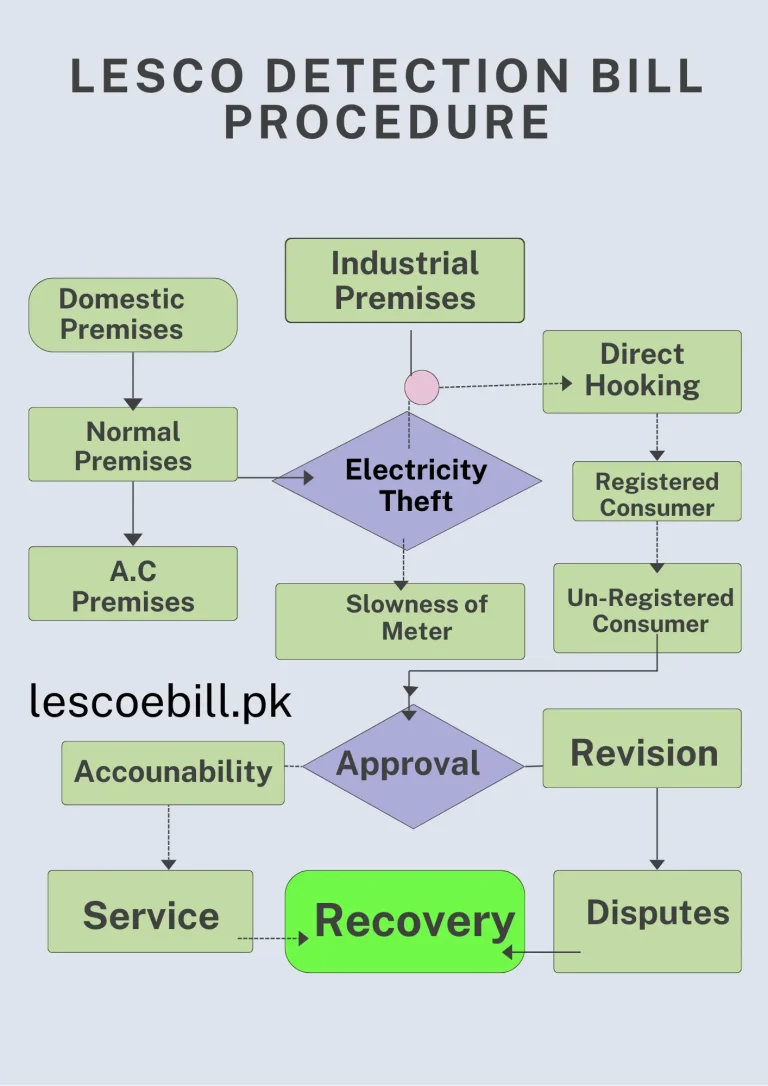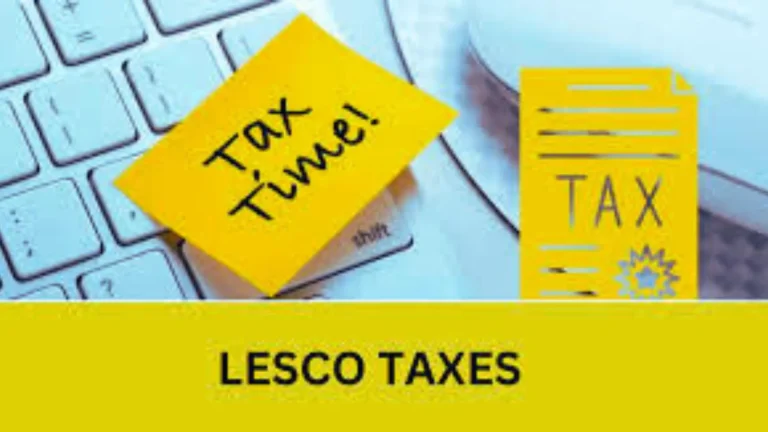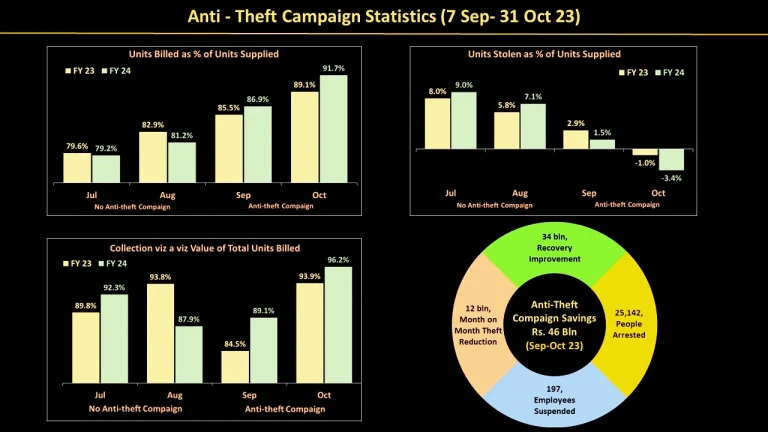IMF Bail-Out Package
Introduction
Our country is facing a financial crisis nowadays. Govt is facing a shortage of funds to run its operations. We need huge money to cope with the financial crisis. Pakistan is facing a high inflation rate with low per capita income.
Electricity prices are increasing day by day and people with low income are unable to bear this price hike. To protect low-income consumers govt is giving subsidies on electric prices. Because of this circular debt of power sector is increasing constantly.
Circular debt is a burning issue and affecting our economy more largely. To cope with this issue govt needs funds and to manage funds govt has to go to the International Monetary Fund ( IMF ). IMF gives loans to support the economy of developing countries like ours.
But it gives loans on its terms and the borrowing country has to fulfil all its requirements. The Fund suggests some improvement plans to cope with issues, mainly they focus on increasing the prices of electricity and petroleum products.
IMF Bailout Package
Pakistan faces a shortage of funds to operate its functions. Pakistan needs a huge amount of money to tackle its financial issues. So, Pakistan approaches to IMF for the required funds. Last year, the caretaker govt agreed to a bailout package with the IMF.
IMF puts its conditions to increase tax collection to curb budget deficit. For this, govt agreed to increase the petroleum levy and other taxes.
Pakistan faces Circular Debt in the power sector, which affects its economy very severely. Circular Debt increases due to low collection of bills, high line losses and power theft at a larger scale. In the region, our line losses are higher than all.
IMF forces, to lower-line losses and subsidies to overcome Circular Debt. IMF agreed to give us a $ 3 Billion bailout package in 3 instalments. 2 instalments are received and for 3rd instalment, negotiations are on the way. Govt is hoping to get the last instalment in time.
The IMF Delegation is in Pakistan for a staff-level agreement for the last tranche. The govt is very hopeful to get a staff-level agreement.
Its Impact on Electricity Prices
IMFs main focus is on increasing tax collection and reducing expenses, to overcome budget deficit. For this, it always emphasises increasing the tax ratio to GDP. In this recent stand-by agreement govt agreed upon increasing electricity prices.
Electricity prices are already high enough, causing chaos in the public. But govt increasing electricity prices continuously over a long period. Govt, not only increases base unit prices but also increases Fuel Price Adjustments quarterly.
Govt imposes a 17% sales tax on electricity bills on IMF demands. Furthermore, it also imposes income tax, further tax and more tax and different duties on electricity. For a detailed study about taxes imposed on electricity bills, you can visit our page LESCO Taxes and Duties.
The base unit price is as high as Rs 42.72 per unit and it includes different taxes and adjustments and it rises to Rs 49.10 per unit. Now there will be a 17% sales tax and some other taxes are also included. After all this quarter tariff adjustments are waiting to come, which are decided by NEPRA after 3 months.
Govt reduces subsidies given to people regularly and passes all the burden of production costs to consumers. Consumers not only pay the price of electricity but also pay different taxes and capacity payments made by govt to Individual Power Producers ( IPPs ).
Power tariffs in Pakistan increasing at a high pace and curb the poor users. Govt gives subsidies to its low-income consumers but it facilitates a very low segment. Sometimes taxes increase from the original power price in bills.
If someone is interested in getting more information on tariff and electricity prices and taxes, can visit the official site of NEPRA.
Conclusion
No doubt, the IMF Bailout Package hurts power prices in Pakistan. Power Prices are increasing continuously and now become unbearable to the masses. Taxes included in bills are higher even than actual power prices. Poor consumers are suffering a lot from all this.
Govt should plan some feasible plans to curb this issue and facilitate its poor people who are unable to pay their bills.
We can enlist some points here which will help govt to cope with this issue :
By following these steps, govt will be able to overcome circular debt and can give relief in electricity prices to its consumers.



